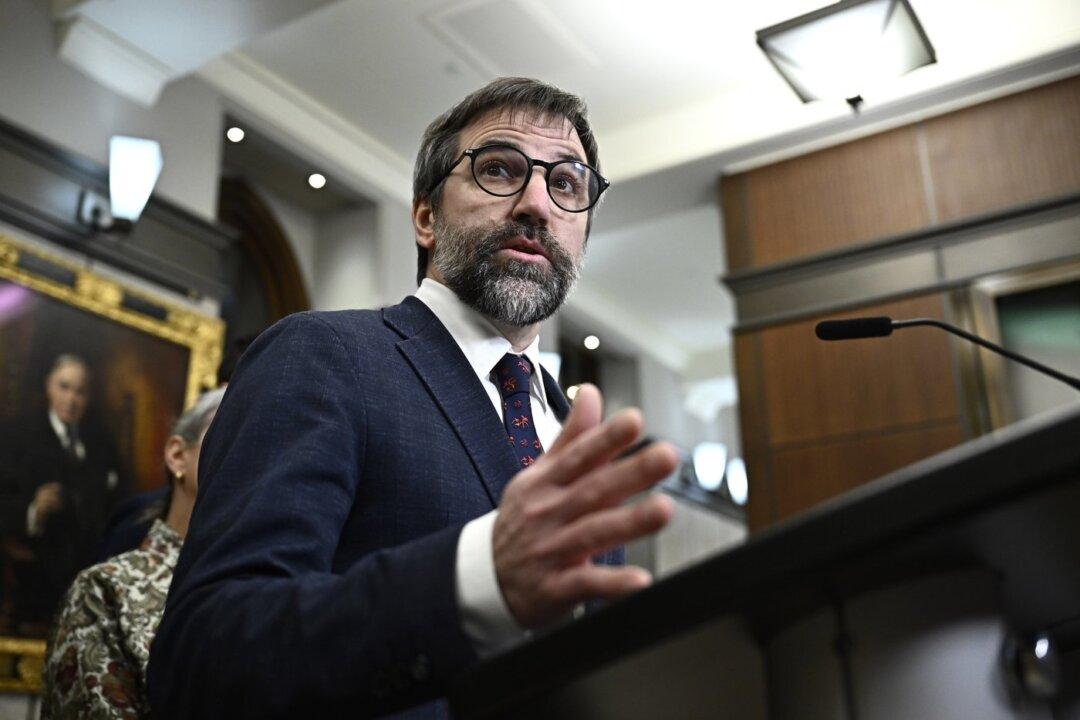A $140,000 expenditure for a delegation’s two-day trip to China in August led by Environment Minister Steven Guilbeault is facing criticism from Canada’s former ambassador to the country.
“Delegation looks bloated, top-heavy for a brief, inconsequential vanity-fest in Beijing. Possibly a goodbye gift for senior political staff,” David Mulroney, who was Canada’s ambassador to China between 2009 and 2012, wrote in a Dec. 13 post on X.





